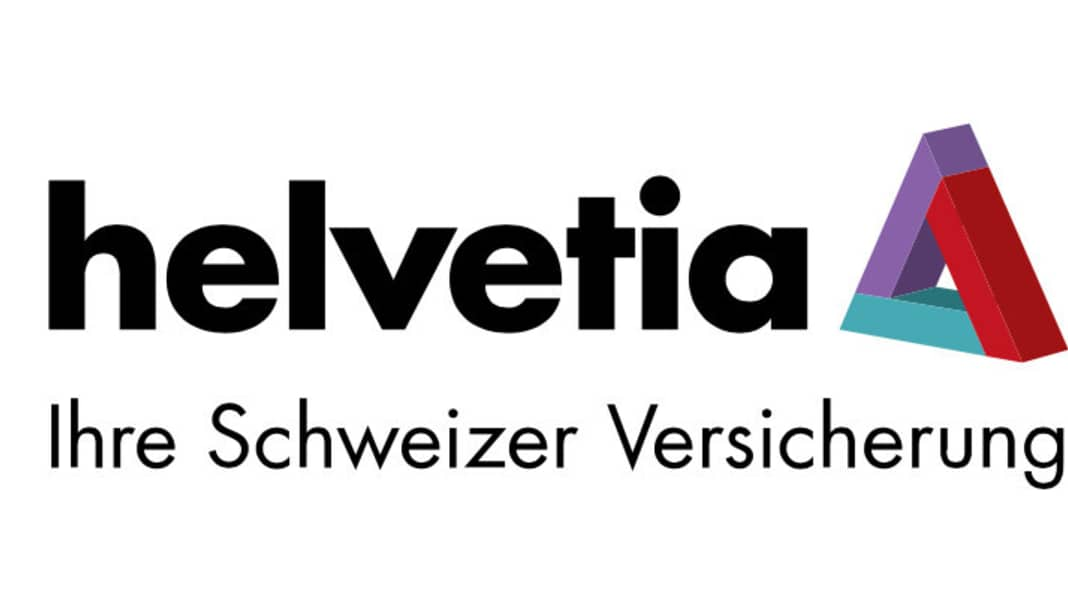
In contrast to many other countries, liability insurance for boats is not compulsory in Germany. However, every owner of a dinghy or yacht is well advised to insure themselves accordingly. Otherwise, in the event of damage, they may be liable with their entire private assets. Today, liability insurance sums of 10 to 15 million euros are common in the water sports sector.
The Helvetia is now going one better. Previously, their customers had the choice between boat liability insurance with 7.5 million or 10 million euros in cover. Recently, they have also been able to opt for cover of 20 million euros, which includes personal injury and property damage as well as financial losses.
Such a high liability sum is not yet offered as standard by most providers in this country. This is mainly because damage caused by an ordinary yacht is unlikely to trigger such enormously high claims for compensation.
Helvetia has recently granted its customers a short-term extension of the scope of the policy for hull insurance: insured persons may leave the area for which they have taken out the insurance with their boat for up to six weeks a year. This applies to the North and Baltic Seas, the Mediterranean, the European Atlantic coast and the Black Sea.
But be careful: if damage occurs, the excess is automatically doubled. And: If a boat is only insured on a single, named inland waterway, for example on Lake Constance or Lake Tegernsee, the extension of the area of validity does not apply.
In principle, most insurance companies allow their customers to travel to neighbouring sea areas for a certain period of time, for which there is actually no hull cover. You should find out the details in advance, as they vary from provider to provider.
The scope of Helvetia's hull policy now also includes damage to the boat caused by strikes, labour unrest or acts of political or terrorist violence. These were previously excluded. In addition, the Swiss company is now promising its existing customers that they will benefit from future improvements in benefits in the same way as new customers (update guarantee), but will be spared any reductions in benefits (grandfathering clause).
Inclusions and exclusions
Like all better insurers, Helvetia also waives the customer's agreed excess in certain cases of damage. This often applies, for example, if a properly secured yacht has been broken into and the thieves have stolen equipment. The customer is then reimbursed 100 per cent of the damage. From now on, the Swiss will also waive the deductible in the event of collision damage through no fault of their own, damage caused by fire or explosion and for inspection costs.
Here, too, it's worth comparing! The waiver of the deductible is regulated differently in detail by all providers. The only way to get clarity is to take a look at the small print.
Another important point to consider when taking out boat hull insurance is the cost of salvaging, removing and disposing of a ship after it has sunk in a shipping lane or harbour, for example. Although Helvetia will make improvements here, it still differentiates according to whether the wreck removal is required by the authorities - such as the water police - or by a private party - such as a harbour operator.
Good insurers do not make this distinction at all. With Helvetia, on the other hand, the following now applies: If there are no official requirements, the costs are covered up to ten per cent of the sum insured, with a minimum of 2,500 euros and a maximum of 10,000 euros. Helvetia is also limiting its scope of cover in the event of wreck removal ordered by the authorities. However, it is increasing it from the previous maximum of 1 million euros to 2 million euros.
One positive aspect is that hull-insured boat owners no longer have to bear any inspection costs incurred by Helvetia as a result of grounding. They are now covered up to 500 euros per insured event - as long as the grounding was not caused by gross negligence or even wilful intent.
Like some other insurers, Helvetia now generally waives the defence of gross negligence for all claims that do not exceed €10,000. The processing of such minor claims is so costly for the companies that it is more favourable for them to simply settle the claims without any objections.
Other changes to Helvetia's hull cover include osmosis damage and regatta risk. Details can be found in the relevant insurance conditions and should be checked carefully before concluding the contract if necessary.
In addition to this conventional boat hull insurance, Helvetia also offers total loss insurance. This only applies in the event of complete loss of the vessel and is most likely to be considered for dinghy and small boat owners.
Assistance service in the event of damage
The insurance group, which has branches in Germany and elsewhere, offers yacht owners practical support in the event of a claim in addition to the usual boat insurance. This yacht assistance from Helvetia is available around the clock and not only ensures that the right experts are quickly on site in the event of damage or accidents.

The company also helps to procure spare parts and, if necessary, covers the costs and organisation of a replacement skipper, the crew's journey home and, if necessary, the repatriation of the yacht. The company also assists policyholders in obtaining travel documents and dealing with the authorities, according to a company statement.
This is also not a unique selling point of the Swiss; other boat insurers offer similar services. Whether you need them and whether you make the conclusion of a policy for your own boat dependent on their existence is something everyone has to decide for themselves.

